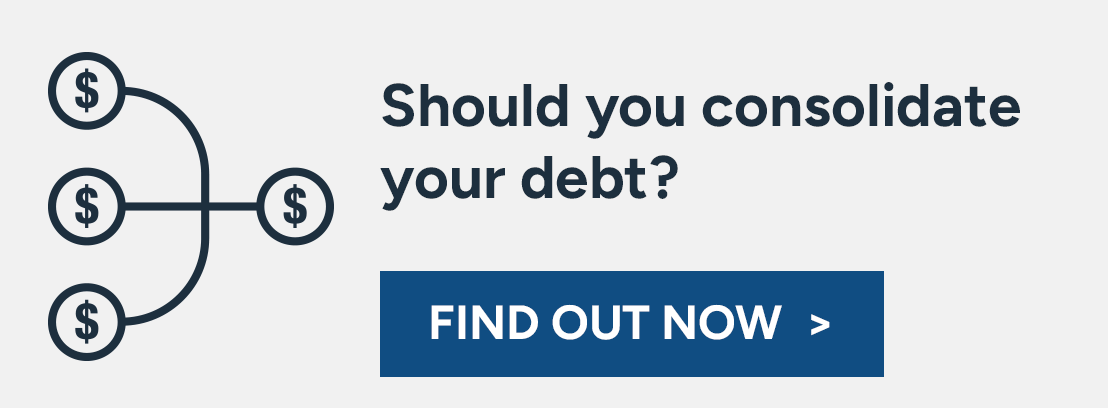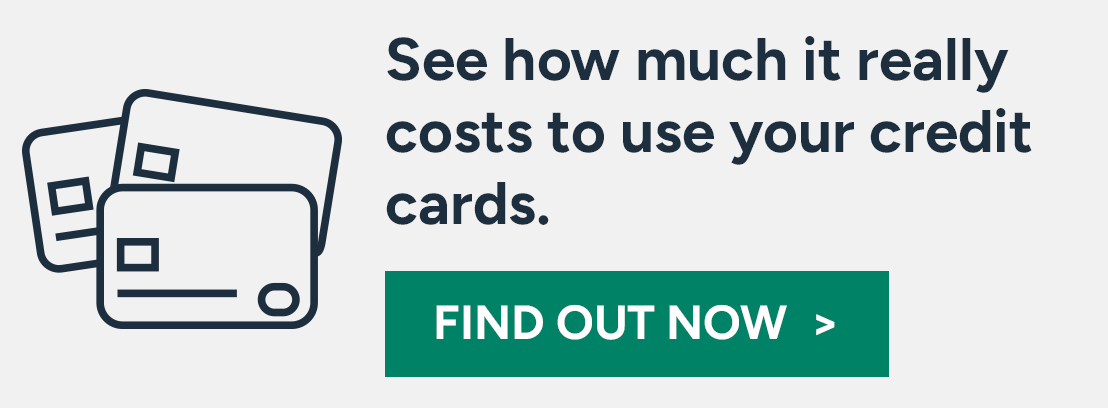 A debt settlement most definitely will have a negative impact on your credit report and stays on your credit report for approximately 7 year.
A debt settlement most definitely will have a negative impact on your credit report and stays on your credit report for approximately 7 year.
If you’re carrying a lot of debt or high credit card balances, you’ve probably seen the advertisements from debt settlement or credit card settlement companies that promise to help you settle debt for a tiny fraction of the amount of money you owe to creditors. But is debt settlement a good idea? And what are the benefits of debt settlement over other ways of resolving your financial difficulties?
What is Debt Settlement?
Debt settlement is a negotiation process between a debtor and a creditor where the debtor aims to pay less than the total amount owed. This strategy is generally used for unsecured debt, like credit card debt or personal loans, where there’s no collateral that a creditor can claim if the debtor fails to make payments.
The Debt Settlement Process
The process of debt settlement can be initiated by the debtor or through a debt settlement company. The process can be broadly categorized in to three sections.
- Accumulation of Funds: The debtor stops making monthly payments on their debt and instead, starts accumulating these funds in a separate account. This action serves a dual purpose: it prepares a lump-sum amount for the settlement offer and provides leverage in negotiations since creditors want to recover at least a part of the debt.
- Negotiation: Once a substantial amount has been saved, the debtor (or their hired company) approaches the creditors to negotiate a reduced payoff amount. This negotiation process can take several months to even years, depending on the debtor’s financial situation and the creditor’s willingness to settle.
- Settlement: If an agreement is reached, the debtor pays the agreed-upon amount, and the rest of the debt is forgiven. However, if the creditor refuses to negotiate, the debtor is still liable for the full debt amount, plus any interest and late fees accrued.
Is Debt Settlement a Good Idea?
Debt settlement can be a viable option for some people, but it depends greatly on individual circumstances, and it is not without its drawbacks. Here are some factors to consider when deciding if debt settlement is a good idea:
Potential Pros:
- Debt Reduction: One of the main benefits of debt settlement is the possibility of reducing the total debt owed. A successful negotiation can significantly reduce the principal amount.
- Avoiding Bankruptcy: Debt settlement can be an alternative to bankruptcy, which can have more severe impacts on your credit history and financial future.
Potential Cons:
- Credit Score Impact: The process of debt settlement can negatively affect your credit score. This is because you’re often advised to stop making payments on your debt during the negotiation process, which results in missed payments being reported to credit bureaus.
- No Guaranteed Success: Not all creditors will agree to settle, and there’s no guarantee of how much they’ll agree to reduce the debt. You could go through the process and still end up owing a substantial amount.
- Tax Implications: Forgiven debt may be considered taxable income by the IRS, which means you could have a tax liability for the settled amount.
- Fees: If you’re working with a debt settlement company, they will charge fees for their services, which could cut into the savings from the settlement.
Given these potential drawbacks, debt settlement should be considered a last resort, after other options like budget consolidation loans, debt management plans, and budgeting strategies have been exhausted. If you’re considering debt settlement, it’s highly recommended to consult with a financial advisor or credit counselor to discuss your specific situation and explore all your options.
Important : If your debt settlement offer is accepted, you’ll have to pay your debt settlement agency as much as 25% of your savings, and the Internal Revenue Service (IRS) may take another 25%, leaving you with a much smaller windfall than you planned on.
Debt Settlement Process vs Financial Health
-
Impact to your credit rating
Because it requires you to stop making payments on your bills and because you won’t be paying your debts in full, debt settlement will severely damage your credit rating. It may take up to seven years for you to restore enough credit to apply for credit cards, loans, rental agreements, and mortgages.
-
Financial capability to afford payments
If your financial situation is so difficult that you can’t make any payment on your debt, debt settlement is not a good option. You need to be able to offer lump sum payment for debt settlement to work – even the best debt settlement agreements are at least 25% of the total amount owed.
-
Debt Repayment Speed
When you apply for debt settlement, it will take several months before you can make a settlement offer. If your debt settlement plan is successful, you may be able to erase your debt more quickly than by making regular payments over time, but it’s not an ultrafast fix.
Key Takeaways
-
- Debt Settlement Process involves negotiating with creditors to reduce total debt owed, often requiring a lump sum payment.
- Debt settlement typically damages your credit score, possibly taking up to seven years to fully recover.
- There’s no guaranteed success in debt settlement, it may have tax implications, and using debt settlement companies can involve substantial fees.
- Debt settlement isn’t viable if you’re unable to make any payments on your debt or offer a reasonable lump sum payment.
- Other options such as debt consolidation, debt management and bankruptcy should be considered, each with their own advantages and drawbacks.
Debt Settlement vs the Alternative
-
Bankruptcy
Conventional wisdom is that bankruptcy should be a last resort for people in financial trouble. Filing for bankruptcy will likely mean you’ll have to give up some of your assets, and your credit rating may be damaged for up to 10 years. One positive note: bankruptcy can be a quick process, enabling you to start a new financial life and begin rebuilding your credit more quickly than other options.
-
Debt Consolidation
Debt consolidation is a way of simplifying your finances and reducing the amount of interest you’re paying on loans and credit cards. It will not adversely affect your credit rating, but it likely won’t help you pay off your debt quickly.
-
Debt Management
Debt management is another strategy for paying down debt that does not involve stopping payments to your creditors. Consequently, your credit will not be significantly impacted under a debt management program. Debt management is essentially a way of managing your financial life more carefully to allow you to pay down debt more quickly, while getting help from financial professionals to learn to live debt-free in the future.
To learn more about debt management, call for a free credit counseling session with American Consumer Credit Counseling, a nonprofit organization dedicated to helping consumers find the best way out of debt.
Get Your Debt Management Plan



